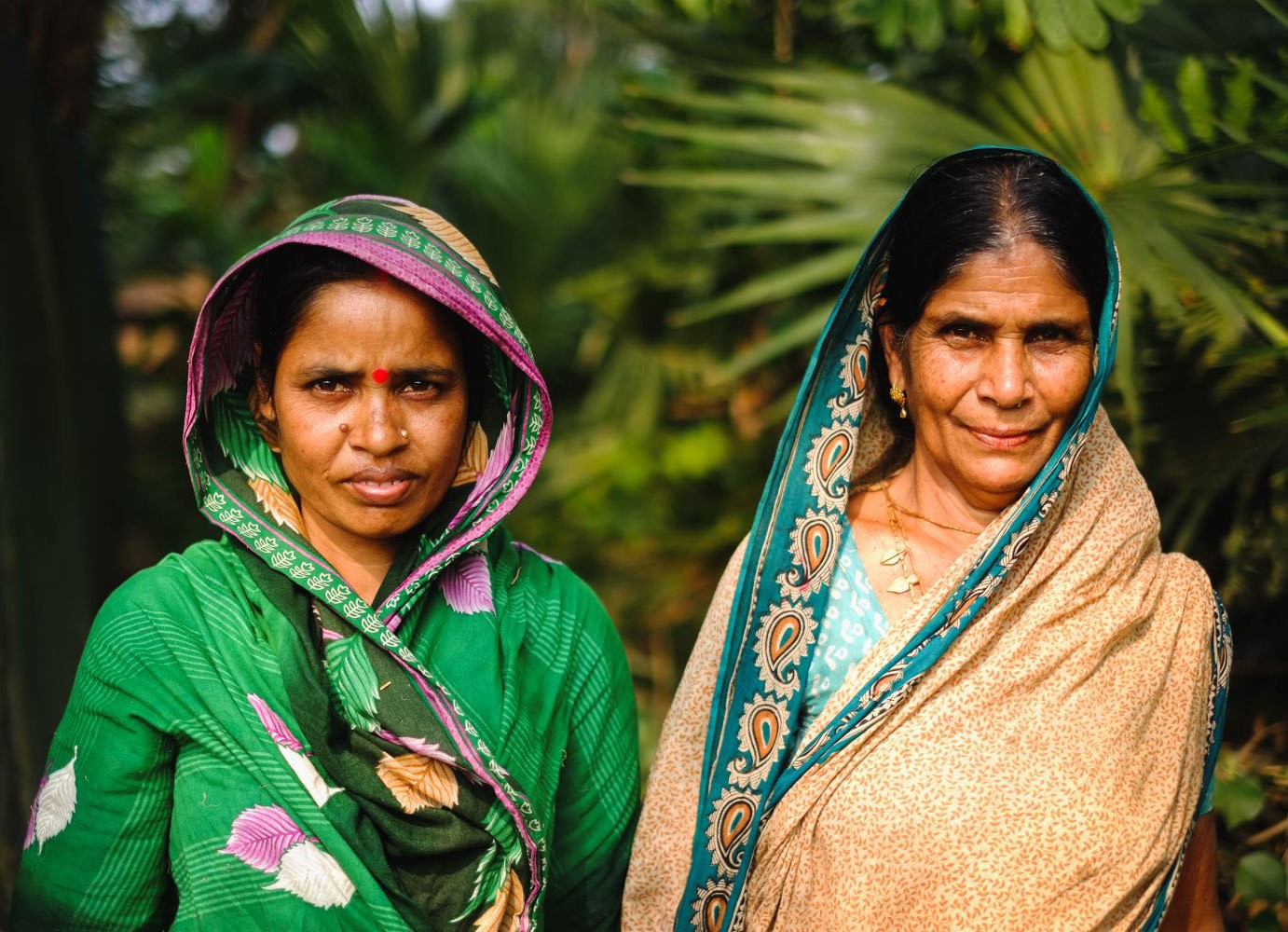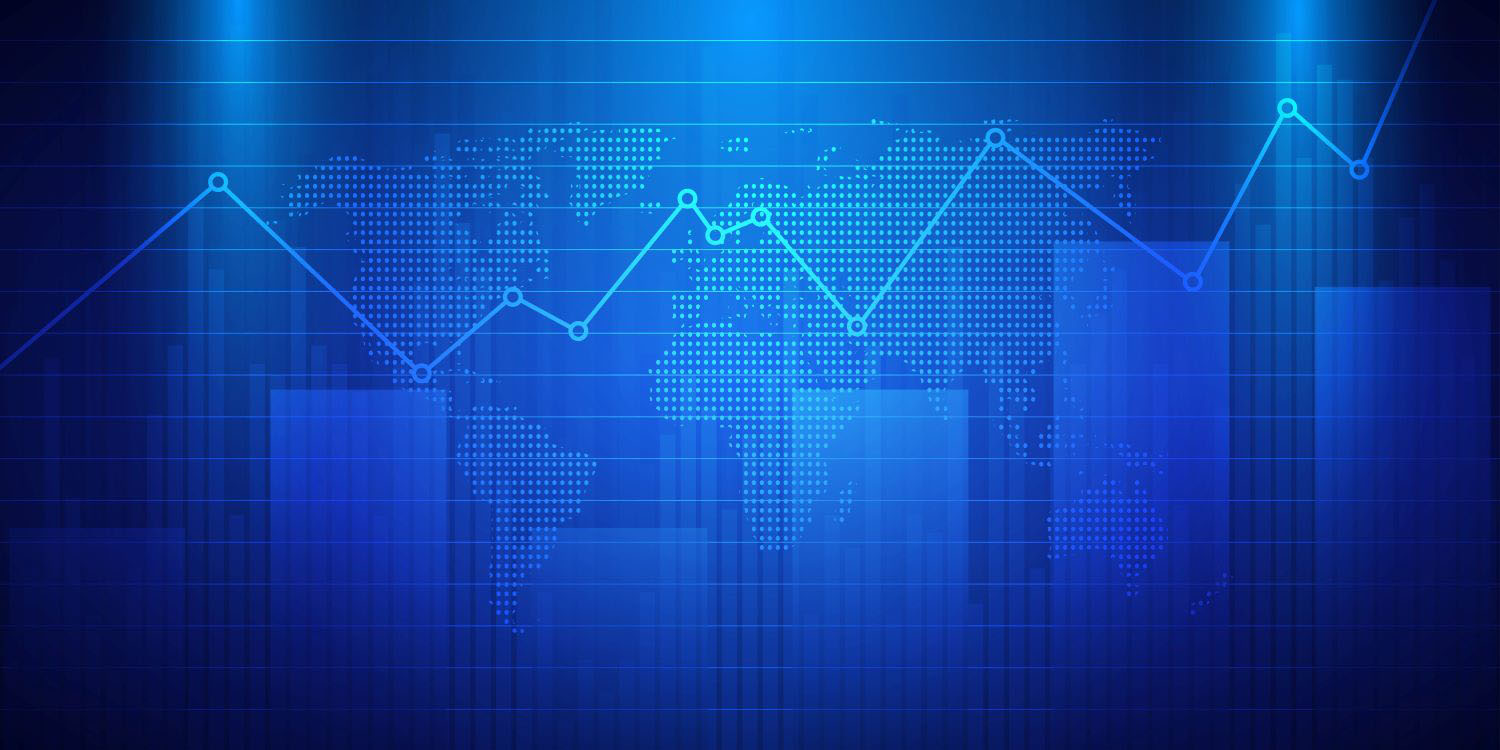- Alex Cobham: Major Progress and a Striking Absence
- Charles Kenny: A Lot to Like; Some Gripes
Last week, the High Level Panel on the Post-2015 Development Agenda released its final report setting out goals for poverty eradication and sustainable development. Most of the instant-reaction commentary was broadly positive (mine included)—some complaints about missing goals (especially inequality) and concerns about the ambition gap between goals for progress and goals for partnership, but mostly pleasant surprise that such an august group could manage to produce such a coherent and expansive framework. A phrase that has been used a lot over the past few days is “glass two-thirds full.” After a weekend away failing to overcome an ingrained cultural inability to cook outdoors, I’ve returned thinking all of that is still true, but we’ve got to be worried about whether the glass will still be two-thirds full by 2015, or whether some of the contents might evaporate away after two years of debate and diplomacy.
For those who rather eat a fish than drink like one, David Steven suggested (via twitter) a better analogy: The Old Man and The Sea. Using sustainable catch technology (of course), the High Level Panel members struggle mightily to haul in the big fish of a coherent set of goals and targets. They heave the fleshy marlin on board to much celebration. But sharks are attracted by the blood, and they snap at the catch, confounding the panelists’ defenses of an oar and a pocket knife. By the time the boat completes its journey to the safe harbor of Turtle Bay, all that is left of the marlin are the head, the tail and a set of unappetizing bones.
@charlesjkenny Like the fish in the Old Man and the Sea.
— David Steven (@davidsteven) May 31, 2013
There is a lot of meat in the Panel’s target list that might be bitten off by circling sharks. Indeed, a pessimist would look at the gender goal targets, and the need for eventual consensus at the UN General Assembly for their passage, and despair. Perhaps “end child marriage” will survive, maybe even everyone will get behind the zero target for violence against women and girls (how again?) but “ensure equal right of women to own and inherit property, sign a contract, register a business and open a bank account” and “eliminate discrimination against women in political, economic, and public life” will either have to be measured in a way that makes them meaningless or require a significant change of heart in a number of capitals around the world in the next couple of years.
Similarly with goal ten on good governance, the universal legal identity target may survive with a meaningful numerical indicator attached but “freedom of speech, association, peaceful protest and access to independent media and information,“ “public participation in political processes and civic engagement at all levels,” “right to information and access to government data,” and “reduce bribery and corruption and ensure officials can be held accountable” will likely be defined down or might get cut out altogether.
And every one of Goal 11’s proposed targets around stable and peaceful societies is followed by that pesky superscript (3) meaning the Panel admits that “targets require further technical work to find appropriate indicators”—suggesting all might fall by the wayside as time-bound numeric targets. Finally, goal 12 on a global enabling environment only suggests two numerical targets, which are on illicit flows and 2 degrees centigrade global warming. The rest is mealy-mouthed language like “making concrete progress” towards a 0.7 target for aid.
So, the pessimistic take on a post-shark 2015 agenda based on the High Level Panel’s report might leave you feeling a little hung-over. We can hope for goals with meaningful numerical time bound targets on poverty, health, education, food security, water and sanitation, sustainable livelihoods, and natural-resource assets. Perhaps there will be something on gender, but the good governance, security, and partnership goals are all too likely to look as pathetic as MDG 8 on partnerships looked last time. There are two ways of looking at this potential post-2015 post-shark end-point compared to the first set of MDGs:
- Yay! We’ve got better on environment, and added infrastructure, resilience, food security, and jobs! Or,
- Boo! We’ve only got better on environment, and added infrastructure, resilience, food security, and jobs!
So should we be cheering or jeering? I’m inclined to both views. I’m depressed especially as a lot of the added numerical targets are yet-to-be-proven-plausible zero goals for a violence-free world for all but adult men, preventable child mortality and so on, while governance, security, and gender really matter but are unlikely to survive in their current shape, and partnership is the reason to have these goals in the first place. On the other hand, in terms of a trend line from the 2000 MDGs, this post-shark post-2015 agenda is still definitely better.
Of course, there’s a third way of looking at things—which is the marlin isn’t even on deck until the UN General Assembly signs off. That makes the real end point 2030—when we have or haven’t achieved the targets. On the current trajectory, 2015 will see the UN agree goals and targets for development progress that are more ambitious than the original MDGs but with as pathetic—or possibly even more pathetic—a proposal for global partnership attached to it. If that happens, we’ll miss even more of the 2030 targets than we’re about to miss MDGs in 2015. So, by 2030, the fish will be headless, tailless, and rotting.
In turn, that might suggest something about where global goal-lovers ought to be spending their time lobbying and chivvying and complaining over the next two years. The focus shouldn’t be on trying to add more (and more ambitious) development targets, but trying to ensure the global institutions, support and commitments are in place to meet the targets that will most likely already be there. For all the nobility of the old man, catching a smaller fish that you get to market is usually better than the giant caught then lost at sea.
Disclaimer
CGD blog posts reflect the views of the authors, drawing on prior research and experience in their areas of expertise. CGD is a nonpartisan, independent organization and does not take institutional positions.





